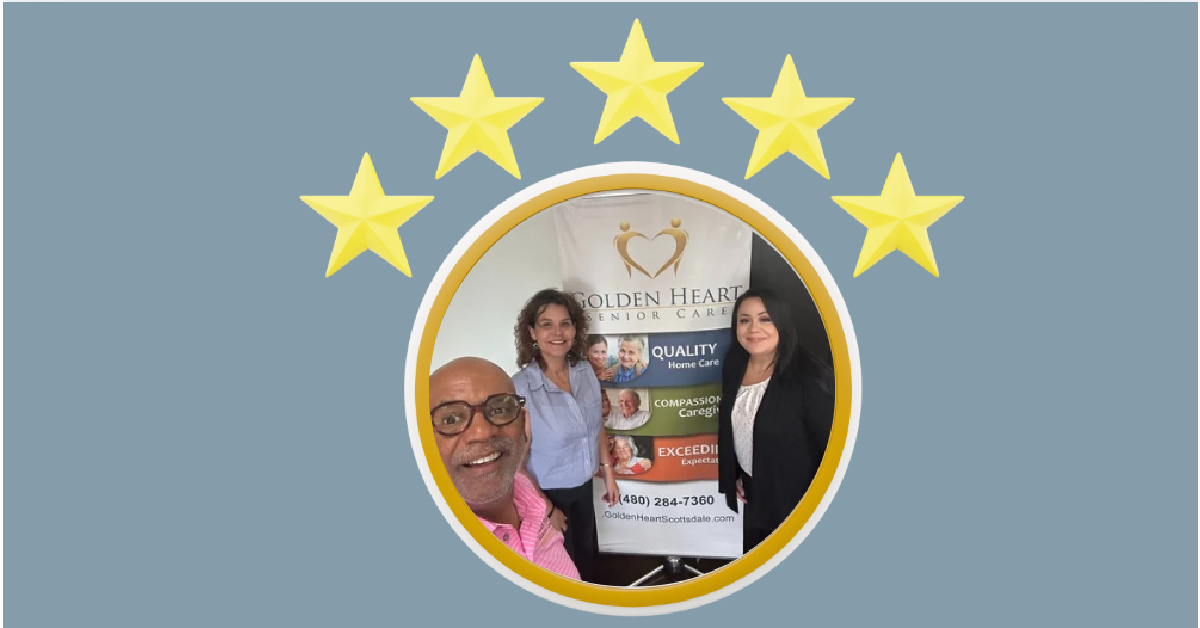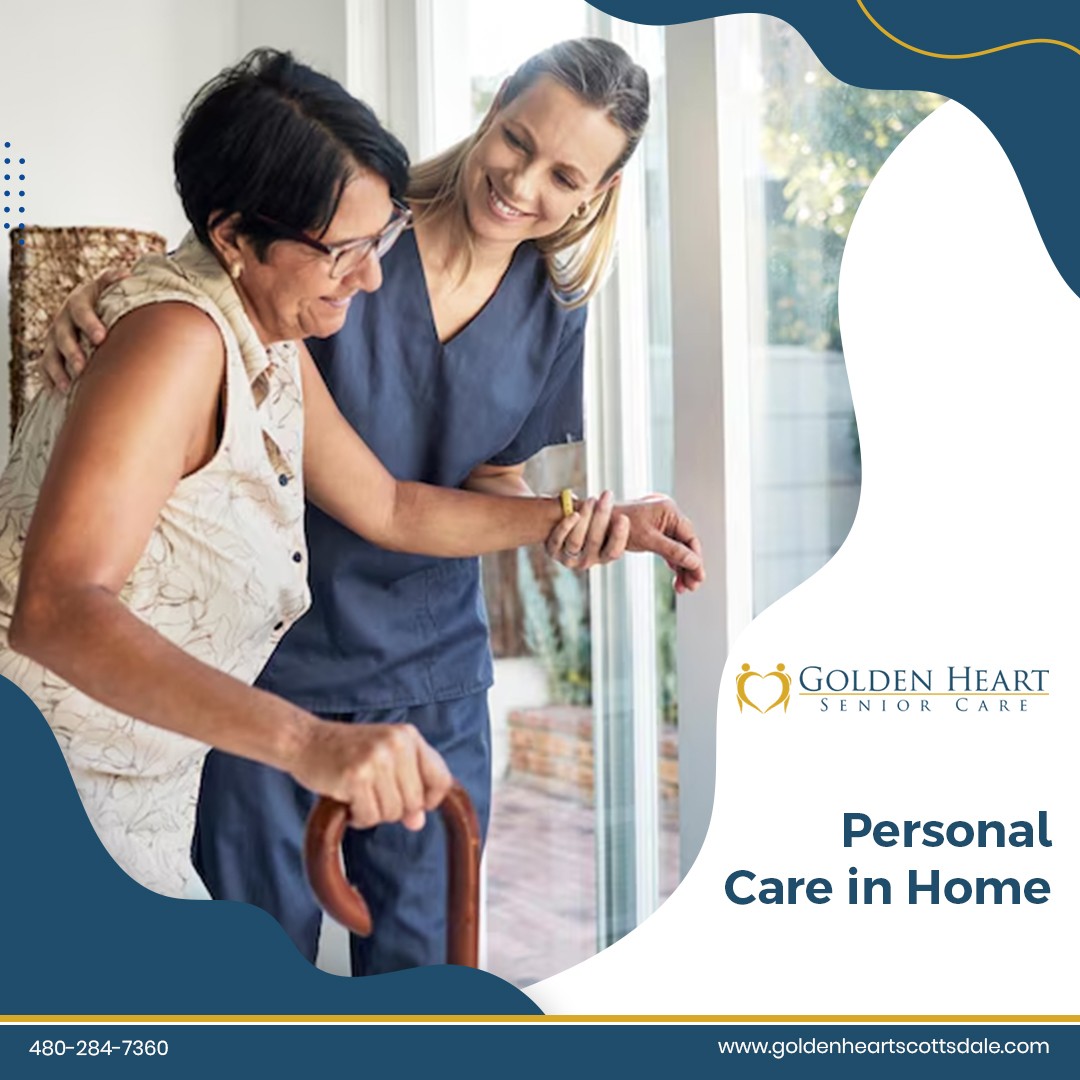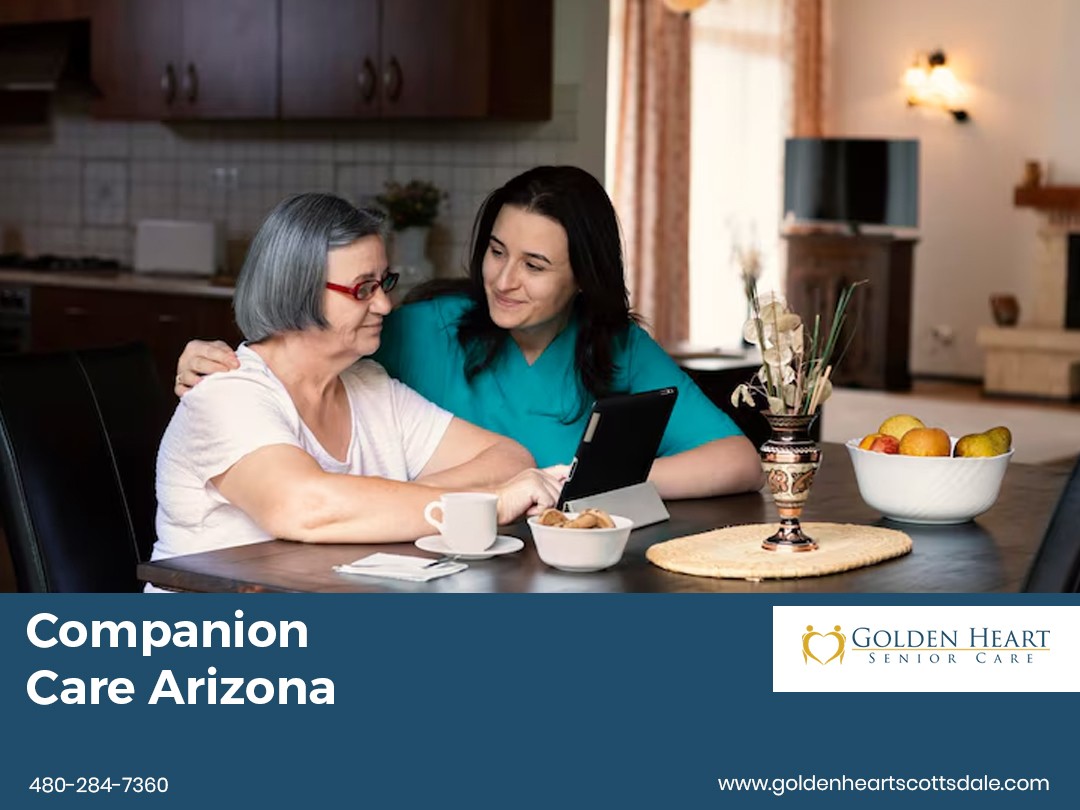Alzheimer’s disease doesn’t just affect memory—it changes how a person lives, thinks, feels, and connects. For many seniors, this can lead to daily frustration, emotional pain, and a slow fading of independence. And for families, the toll is just as heavy. Watching a loved one change in front of your eyes is heartbreaking.
Memory care for Alzheimer’s patients isn’t just about structured care—it’s about bringing comfort, understanding, and balance back into lives that feel turned upside down. Let’s walk through the major challenges seniors face with Alzheimer’s, and how memory care offers support that truly makes a difference.
1. Disorientation and Confusion
Seniors with Alzheimer’s often struggle to recognize familiar places or remember where they are—even at home. They may forget why they walked into a room, or feel lost walking through their own neighborhood. This disorientation can lead to fear, panic, or even wandering, putting their safety at risk.
How Memory Care Helps:
Memory care centers are thoughtfully designed with secure layouts, visual cues, and clear routines to reduce confusion. Trained staff gently redirect seniors when they feel lost or overwhelmed, offering reassurance instead of reprimand. A familiar structure and environment helps ease anxiety and restores a small but meaningful sense of control.
2. Loss of Daily Independence
From brushing teeth to making lunch, everyday tasks become overwhelming. Many seniors feel embarrassed or ashamed when they can’t manage basic activities, and this loss of independence can lead to frustration and sadness.
How Memory Care Helps:
Memory care professionals assist with daily living activities—bathing, grooming, dressing, and meals—without making the senior feel like a burden. The goal isn’t just to do things for them, but to help them feel capable and respected. These small successes help rebuild their confidence in daily routines.
3. Sudden Mood Changes and Emotional Outbursts
Alzheimer’s can trigger unexpected anger, sadness, or fear. A calm moment can quickly become an emotional episode, which is confusing for both the senior and their family members.
How Memory Care Helps:
Caregivers are trained to recognize triggers, respond with patience, and create soothing environments. Gentle conversation, music therapy, and calming routines help manage mood changes naturally—without relying heavily on medication. The emotional safety of the resident is always a top priority.
4. Communication Breakdown
Seniors may struggle to find words, repeat themselves, or forget names of loved ones. These communication gaps can cause deep loneliness, even when surrounded by people.
How Memory Care Helps:
Memory care staff use personalized communication methods, including visual aids, simple sentences, and active listening. They take the time to really hear and understand, offering kindness over correction. Even when words are hard to find, the human connection stays strong.
5. Social Isolation
Seniors with Alzheimer’s often withdraw from social situations because they feel confused or unable to keep up. This isolation can worsen symptoms and lead to depression.
How Memory Care Helps:
Structured group activities like music, art, games, and gentle exercise give seniors safe spaces to socialize. These aren’t just scheduled events—they’re moments of joy, laughter, and connection that spark memory and bring back a sense of belonging.
6. Safety Risks at Home
Burners left on, doors left open, forgotten medications— Alzheimer’s can turn a home into a hazardous space. Families often feel torn between wanting to keep their loved ones safe and not wanting to take away their freedom.
How Memory Care Helps:
Memory care communities are built for safety. From emergency call systems to secured entrances, every feature is designed to protect. Seniors can move about freely without risk, and families find peace in knowing that their loved one is safe—even when they can’t be there every minute.
Wrapping Up:
Alzheimer’s is a heavy word. But it doesn’t have to come with a hopeless future. Families don’t have to carry the weight alone.
Golden Heart Senior Care in Apache Junction offers professional memory care for Alzheimer’s patients that goes beyond routine support. We focus on comfort, safety, and emotional well-being in every moment of care. From helping with daily tasks to creating meaningful connections, our team understands what families need most—relief, trust, and kindness. If your loved one needs more than basic care, we’re ready to help. Schedule a personalized consultation today.
Get in Touch
Golden Heart Senior Care
Phone: 480-284-7360
Website: https://goldenheartscottsdale.com
Address: 8111 E. Thomas Rd Ste. 112 Scottsdale, AZ 85251









